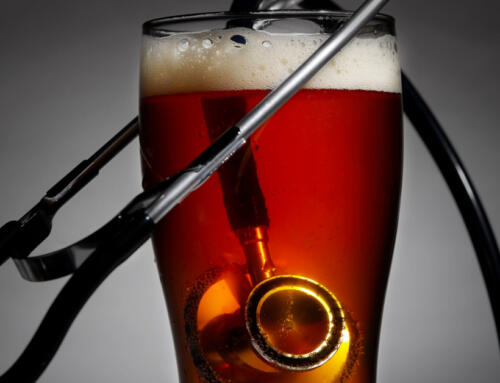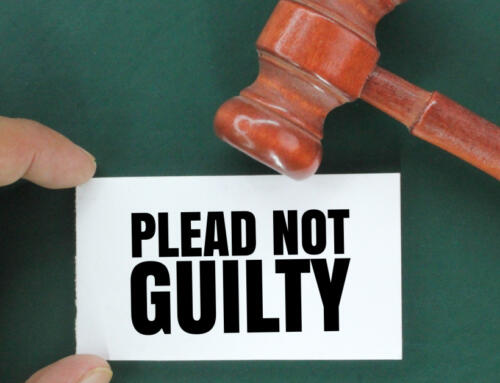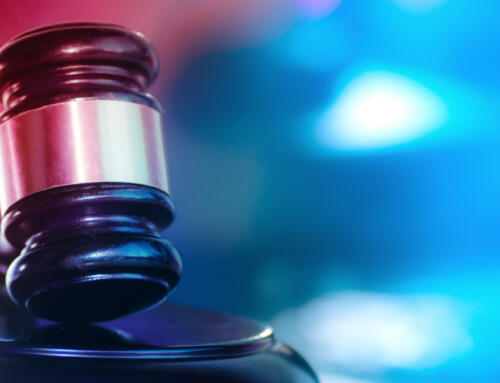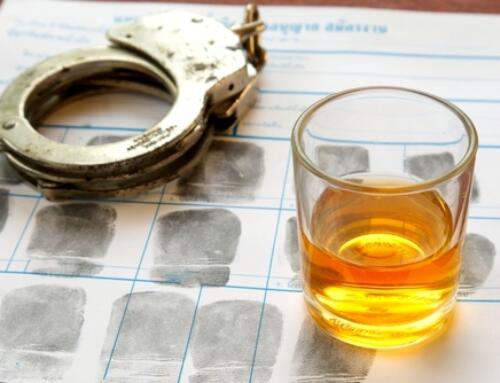When you get a DUI in Pennsylvania, you need to quickly make informed decisions about your next steps. All DUIs have serious consequences regardless of your prior record and your blood alcohol concentration (BAC), and you need to do everything you can to make sure you don’t face these consequences unnecessarily.
One of the most important decisions you need to make is how to handle your DUI case. Should you seek a plea bargain? Should you consider Accelerated Rehabilitative Disposition (ARD)? Or, should you focus on fighting your DUI in court?
What is the Best Way to Handle Your DUI Case in Pennsylvania?
These are not easy questions to answer. Determining how to handle your DUI case requires a comprehensive understanding of the facts and a clear understanding of the law. While fighting a DUI can be challenging, the law provides many protections, and you may have defenses that you can assert at trial even if you got caught drunk behind the wheel.
So, how should you handle your DUI case? Here are some important considerations:
When Should You Seek a Plea Bargain?
Seeking a plea bargain will be the best option in many cases. If you got caught driving drunk—and if the District Attorney’s office has the evidence it needs to prove it—then negotiating a plea bargain may be the smart choice instead of taking your chances at trial.
When warranted, seeking a plea bargain can have several benefits compared to going to trial. These benefits include:
- Negotiating a plea bargain provides a certain outcome that avoids the uncertainty of trial.
- Plea bargains in DUI cases usually involve pleading guilty to reckless driving (or a “wet reckless”), which carries fewer (and less serious) penalties than a DUI.
- Resolving your case through a plea bargain can also reduce the costs of your defense while providing a quicker outcome that allows you to move on with your life.
With that said, negotiating a plea bargain is not without consequences. Reckless driving charges still carry fines and other penalties, and having a reckless driving conviction on your record will cause your insurance rates to increase for several years. As a result, while plea bargaining can be the best option, you should not assume that it is the best option in your case. If you have the opportunity to avoid a conviction entirely, then you generally shouldn’t accept a plea.
When Should You Consider Accelerated Rehabilitative Disposition (ARD)?
One way to avoid a conviction entirely after a DUI arrest in Pennsylvania is by entering into the Commonwealth’s Accelerated Rehabilitative Disposition (ARD) program. This is an option for most first-time offenders.
When you enter into the ARD program, your DUI case is diverted from trial. This means that it is taken off the court’s docket as you work through completing all of the required steps. If you complete all of the required steps in the ARD program successfully, your DUI case is dismissed. Not only does this mean that you avoid facing penalties; but, crucially, it also means that you are left without a criminal record that could negatively affect your academic or employment prospects.
Due to the substantial benefits of the ARD program, entering into the program will be the best option for many first-time DUI offenders. However, completing the program requires time and effort, and there are some costs involved. As a result, here too, you should not simply assume that ARD is your best option. Instead, you should make an informed decision based on the advice of an experienced DUI lawyer.
When Should You Take Your DUI Case to Trial?
Sometimes, your best option will be to take your DUI case to trial. Even though negotiating a plea bargain or enrolling in the ARD program provides a certain outcome and ensures that you won’t face the harshest possible penalties for a DUI, sometimes accepting the consequences of a plea bargain or enrolling in the ARD program is not the right choice. For example, this could be the case if:
- You aren’t eligible for ARD or aren’t prepared to meet the program’s requirements;
- The District Attorney’s office is unwilling to offer a reasonable plea bargain based on the facts of your case;
- The prosecution doesn’t have the evidence it needs to prove your guilt beyond a reasonable doubt; or,
- The prosecution’s evidence is inadmissible in court due to a violation of your constitutional rights.
In each of these circumstances, fighting your DUI in court is likely to be your best (and perhaps only) option. There are several ways to fight a DUI charge in Pennsylvania state court, and an experienced DUI lawyer will be able to fight your DUI on your behalf. Crucially, while this may mean taking your case to trial, it is also possible to have DUI charges dismissed before trial in some cases. For example, if the police or prosecutors violated your constitutional rights, filing a motion to keep the government’s evidence out of your trial could set the stage for a pre-trial dismissal. If the District Attorney’s office does not have access to the evidence it needs to prove your guilt beyond a reasonable doubt, then you should not have to face any consequences as a result of your DUI arrest in Pennsylvania.
How you decide to approach your DUI case will determine what you need to do next to protect yourself. To ensure that you are making informed decisions with your long-term best interests in mind, you should speak with an experienced Philadelphia DUI lawyer as soon as possible.
Schedule a Free Consultation with Philadelphia DUI Lawyer Brian Fishman
Brian Fishman is an experienced Philadelphia DUI lawyer and former prosecutor who has helped numerous clients avoid unnecessary consequences after their DUI arrests. If you’ve been arrested for driving under the influence in Pennsylvania, he can help you decide what to do next. To schedule a free consultation as soon as possible, call 267-758-2228 or submit your case online now.






